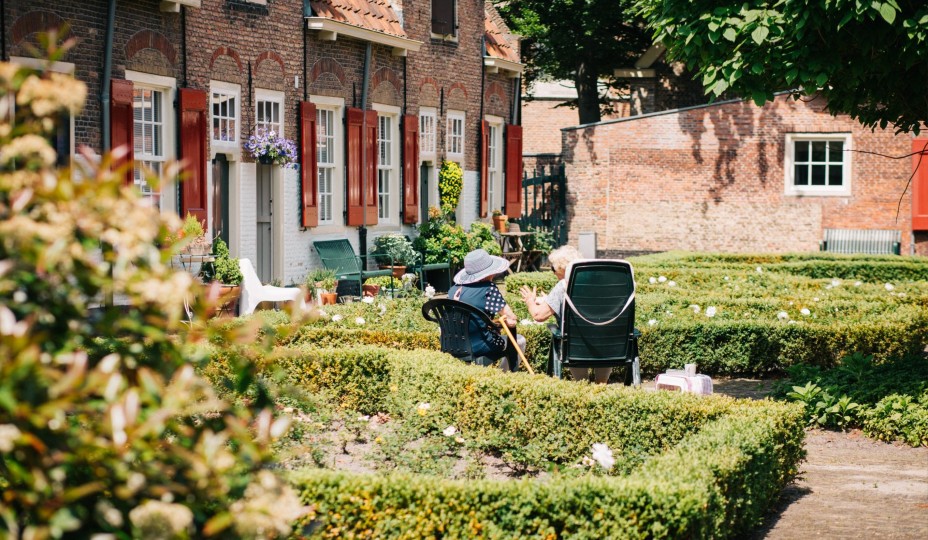The NEST Architecture integrates multi-modal interface systems to provide diagnostic and prognostic information, advancing therapeutic intervention and our ability to understand the pathology and promote well-being. NEST advances a novel network perspective on health that will be seamlessly matched by the NEST service pipeline from data mining and analysis, to monitoring and intervention providing highly individualized support and capturing individual variability. Further, relevant information of the patient’s state is uploaded into a cloud service, allowing the monitorization of progress and the customization of the treatment and progress evaluation. The NEST ecosystem integrates 1) the Rehabilitation Gaming System for motor training in Virtual Reality, 2) the RGS-wear for the detection of arm activity and further physiological signals, and 3) the RGS-Mobile App for integrating sensor data and delivering customized feedback and activity reports through the NEST Quality of Life App and AWA Coach.
Objectives:
There are more than 33M chronic stroke patients worldwide requiring treatment. This puts great pressure on healthcare systems. By leveraging widely distributed technologies among the population, such as smartphones, smartwatches, PCs, and laptops, NEST provides affordable and scalable science-based solutions for tele-rehabilitation. NEST will improve long-term recovery while allowing hospitals to reduce the length of outpatient treatment and its associated costs of infrastructure and staff while maximizing the treatment capacity of therapists.
Expected Results and Impact:
NEST will ease the stroke burden in the global economy and society by speeding-up recovery and reducing the length of treatment received by patients at hospitals. Through a remote rehabilitation and embedded in the activities of daily life (ADLs), NEST will act as a workforce multiplier: will increase the hours of training and will reduce hospital rehabilitation hours. By using NEST at home, transportation, which is one of the most time-consuming activities, will be considerably reduced. Hence, NEST will not only impact on the patient but also in the lives of those surrounding her.
- Project name: Neurorehabilitation Ecosystem for Sustained Therapy (NEST)
- Website: https://rehab-nest.eu
- Coordinator: Sint Maartenskliniek
- Duration: 30 months
- Starting Date: 01/07/2021
- Total budget: € 1.438.056,64
- Public contribution: € 960.937,64
Contact:
Dr Noël Keijsers
E.: n.keijsers@maartenskliniek.nl
T.: +31 24 3528139

